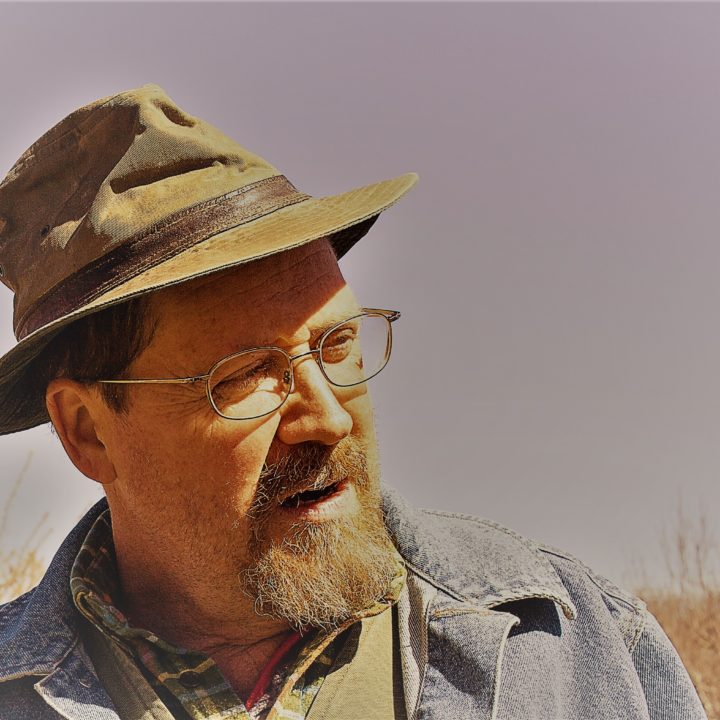Nothing is duller than a prepackaged seed packet. What started in January with the hopeful perusal of vegetable catalogs ends in February with the arrival of parsimonious clutches of lonely seeds, each variety sprinkled into the bottom of a small envelope. Like the childhood prize in a box of Cracker Jacks, the reward is always less than one had hoped for.
It was usually in late March, in coastal Louisiana, that my brother and I would accompany our father to the local hardware store to buy our annual garden seed. The store was an old-fashioned place. Galvanized washtubs and spring-jawed animal traps hung in jumbled confusion over open bins of seed. The bins were mounted on boards and sawhorses, side by side, and filled the entire middle aisle.
The seed choices seemed unlimited. Beans of every color and pattern. Pole beans, bush beans, butter beans, crowders, and cowpeas. Kentucky Wonder, Grandma Rose’s Italian, Rattlesnake. Fungicide-treated corn dyed shocking pink and labeled with quaint names like Country Gentleman and Golden Bantam. Collards and turnips, and, of course, mustard greens, the lovely regional belle courted by all.
At each bin awaited a scoop and a stack of brown paper bags in small, medium, and “I’m going to feed the world” large. Even today, I can conjure the sound and feel of running my hands through the bins, allowing handfuls of pole beans or okra to cascade through my fingers.
Preassembled seed packets are, at best, for the social isolate. They are the paint swatches to the painted wall, a meager sample of a promised result. They are the anti-community.
Yes, yes, yes, I buy seeds in packages. And yes, commercial seeds have been mailed out for at least a century and a half. And yes, the commerce of the mailbox differs but in kind to the commerce of the bricks and mortar. Except, except (and unless you have had the pleasure of buying seeds in the old-fashioned way, you can’t understand this) … when your father tells you to grab a scoop and get a half-pound of Romano-type bush beans, something tangible happens. You have become part of a membership.
When you carry your paper sack up to the front of the small hardware store and place it on the scarred wooden counter next to the seeds your dad and brother have selected, and the owner says, “Good afternoon, Mr. Bill, who we do have here?” and your father replies, “These are my sons, Keith and Brian” — well, that is not just a packet of seeds arriving in the mail or bought off the rack at the big box. It’s not just a purchase, in fact. It is the seed of something more, something needed, something that provides for so much more than a mundane meal.
(the title refers to an older post, called Habitat Loss)
Teaser photo credit: By Alexander Klepnev – Own work, CC BY 4.0






